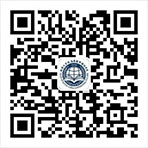
Co-hosted by the Institute for China & World Studies of Tongji University and the Center for Chinese Studies of Dongseo University (DSU), the 3rd Shanghai-Busan Cooperation Forum was successfully held in Busan, South Korea on October 12-14, 2018. The forum invited 19 Chinese representatives from the School of Political Science & International Relations (SPSIR), the School of Foreign Languages and the School of Marxism of Tongji University, Fudan University, Jilin University, Shanghai Jiao Tong University (SJTU), Shanghai Normal University (SHNU), and the Party School of the CPC Central Committee, etc. as well as 20 South Korean representatives from DSU, Yonsei University, Ajou University, Sogang University, Pukyong National University, Yeungnam University, Dong-A University, Sejong Institute, Korea National Diplomatic Academy, Institute for National Security Strategy (INSS), and Busan Municipal Government, etc. Feng Shenhong, Deputy Secretary of the Party Committee of Tongji University, attended the forum.
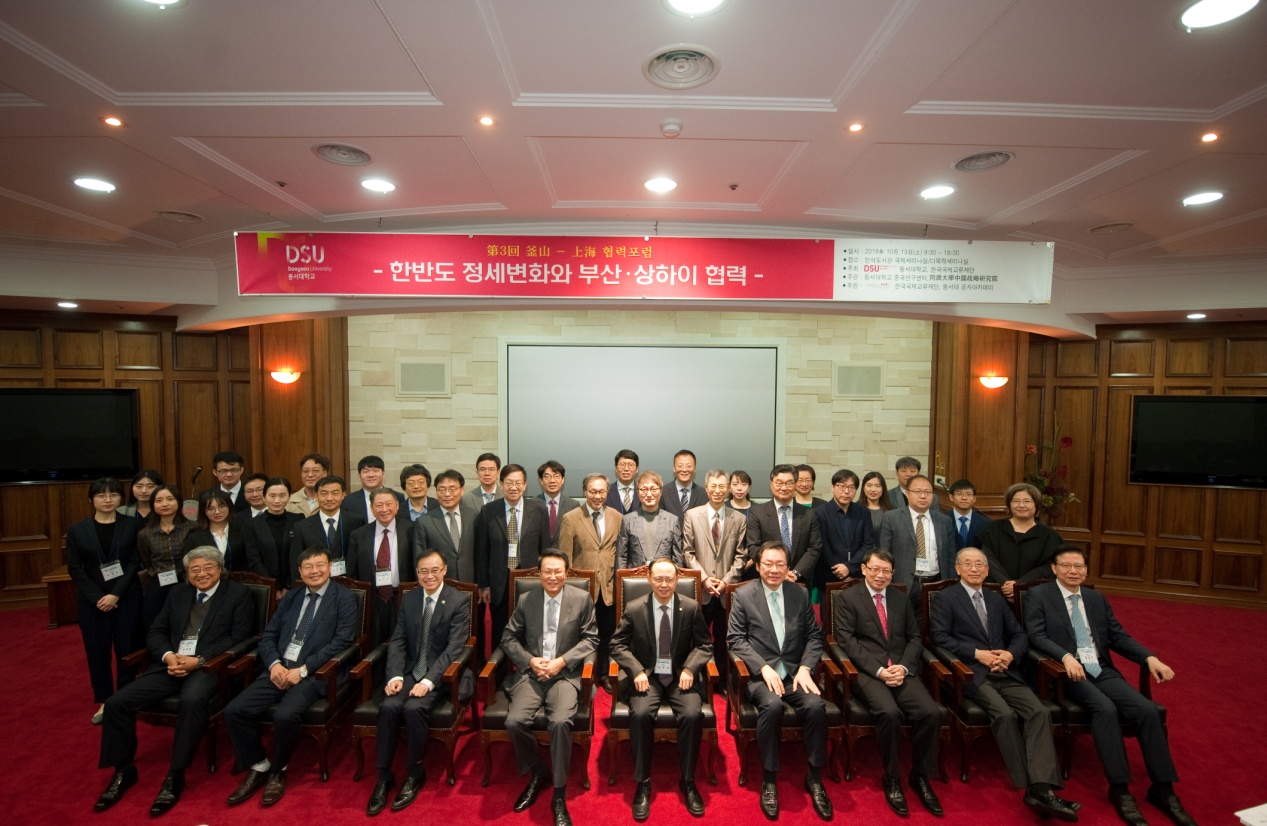
On the afternoon of October 12, Deputy Secretary Feng together with Dean Men Honghua, Wu Yun, Dean of the School of Foreign Languages, and Associate Dean Zhong Zhenming were invited to the Consulate General of China in Busan to meet with consul-general Guo Peng and other officers, and discussed deeply and extensively the situation in Northeast Asia, China-ROK relations, and expansion of educational cooperation in Busan by the School of Political Science & International Relations of Tongji University, among others.
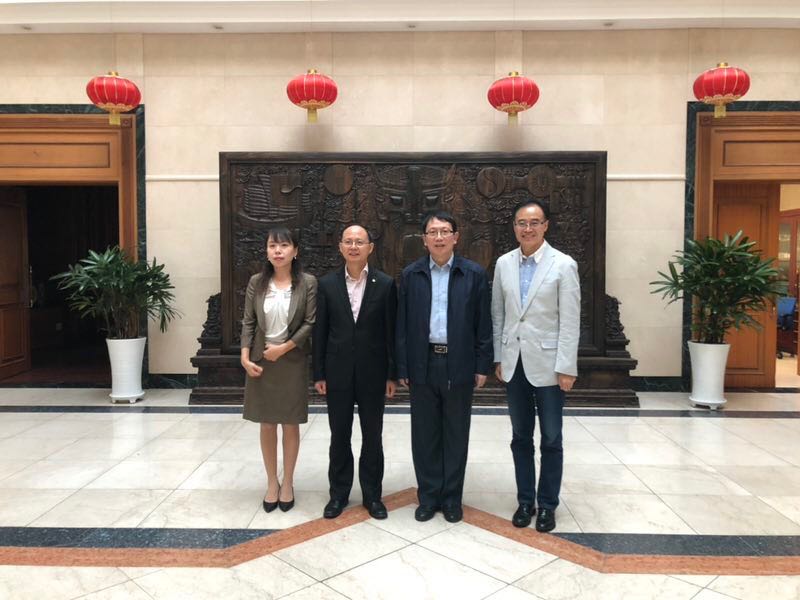
At the welcome party held by DSU for the Tongji delegation on the evening of October 12, DSU President Chang Je-kuk, Tongji Deputy Secretary Feng Shenhong and other guests delivered speeches successively to congratulate the successful holding of this forum.
On October 13, themed “Changes in the Situation on the Korean Peninsula and Busan-Shanghai Cooperation”, the forum officially kicked off in the International Conference Hall on the sixth floor of Minseok Library, DSU. In the opening speech, Ambassador Shin Jung-seung, Director of the Center for Chinese Studies of DSU, introduced the background of this forum and the main guests attending this forum. DSU President Prof. Chang Je-kuk delivered a welcome speech on behalf of DSU and extended a warm welcome to the participants from China and South Korea.
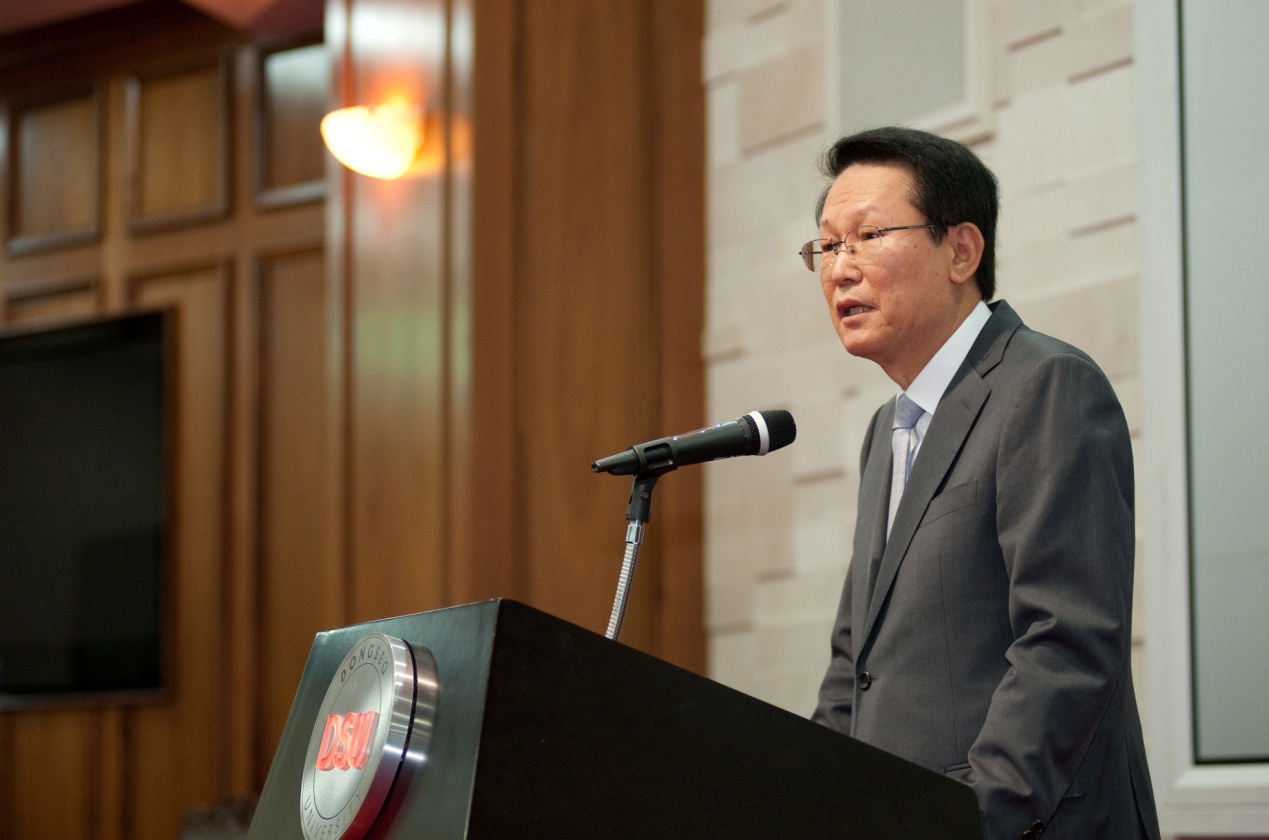
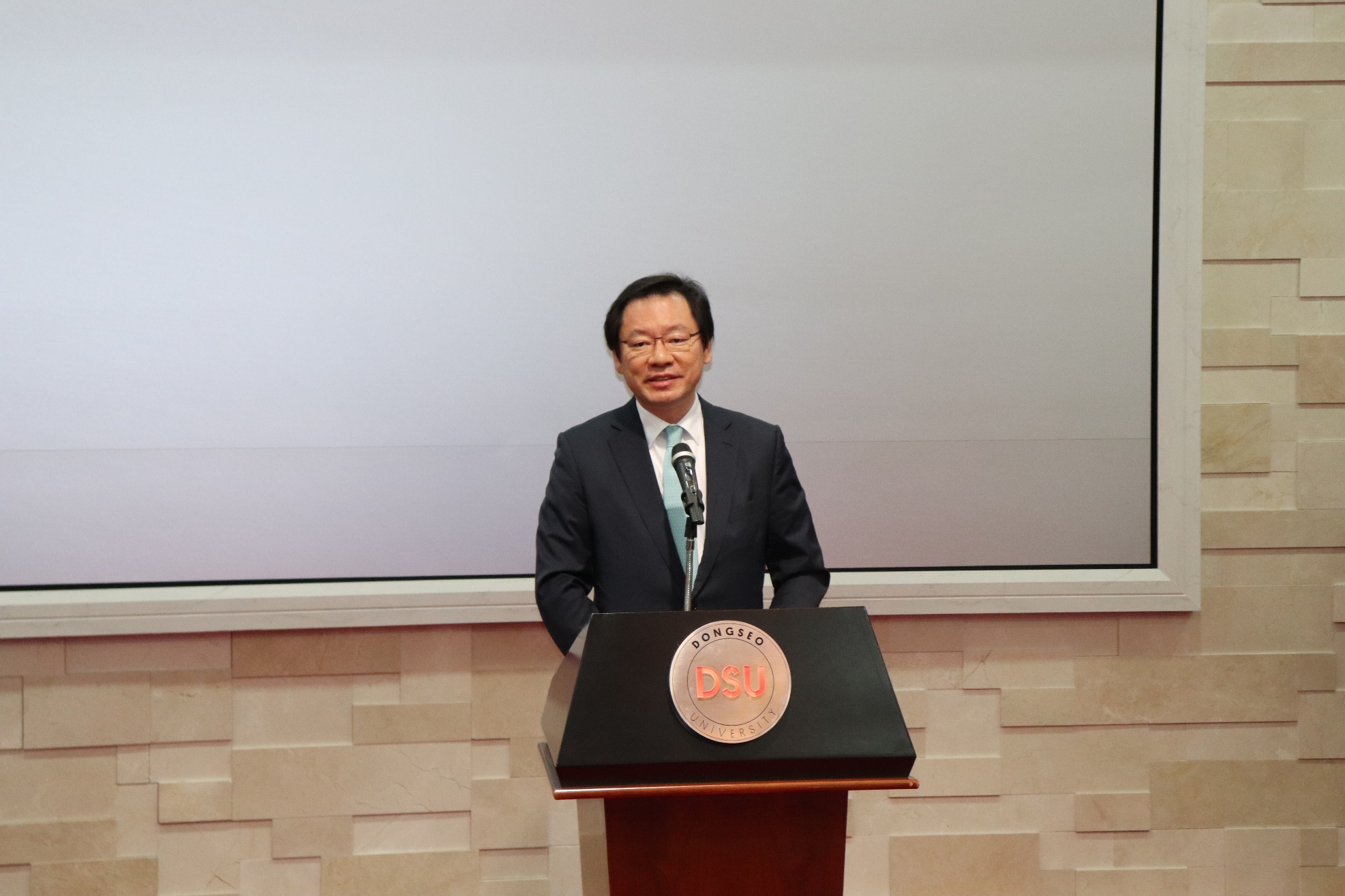
Prof. Feng Shenhong, Deputy Secretary of the Party Committee of Tongji University, and H.E. Guo Peng, Consul-General of the Consulate General of China in Busan, delivered speeches successively at the opening ceremony. Prof. Feng expected more productive cooperation between South Korea and China and between Busan and Shanghai under the Belt and Road Initiative. He pointed out that with the joint efforts of related parties in the region, positive changes have been taking place in the peninsula, especially reflected in the signing of the Pyongyang Joint Declaration after South Korean President Moon Jae-in’s visit to North Korea. Feng expressed his sincere gratitude to the hosts for carefully preparing this event and wish it a complete success.
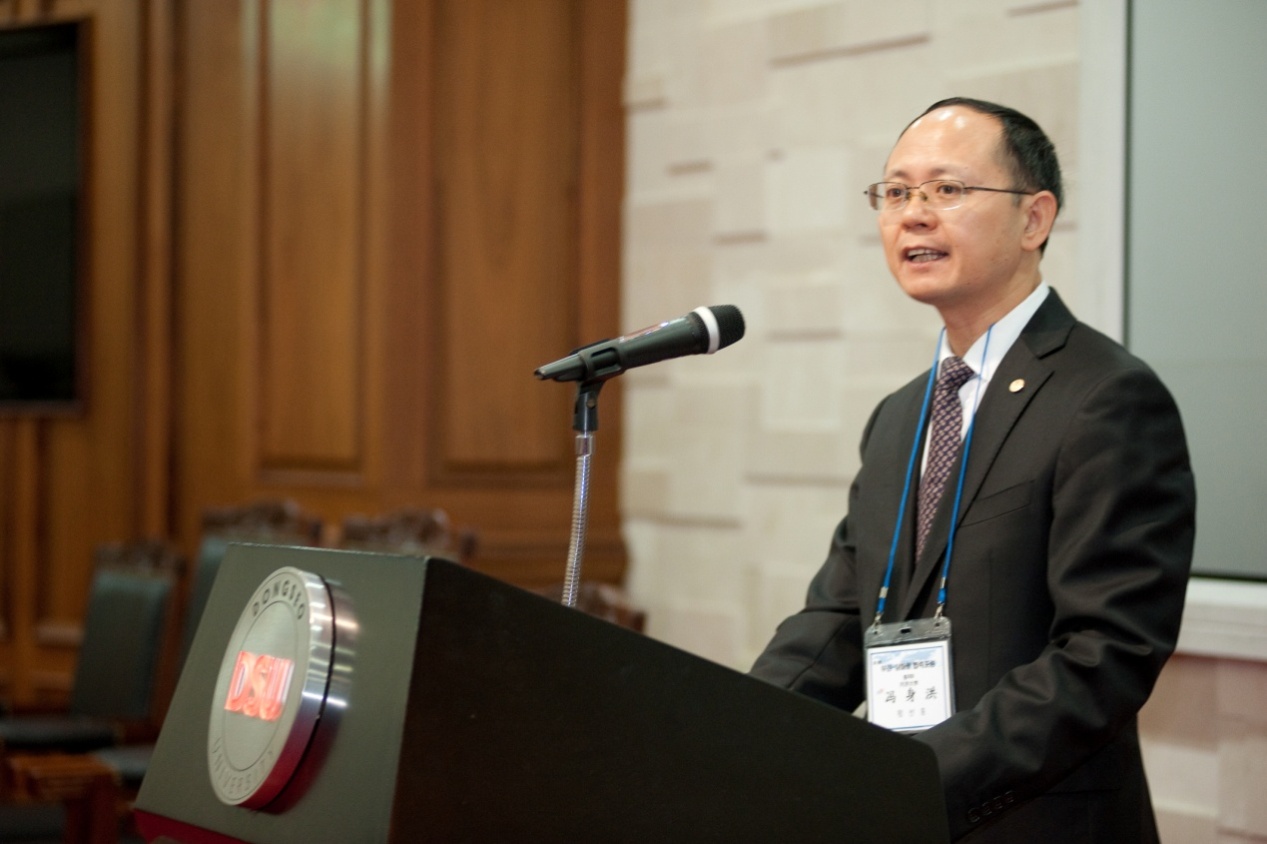
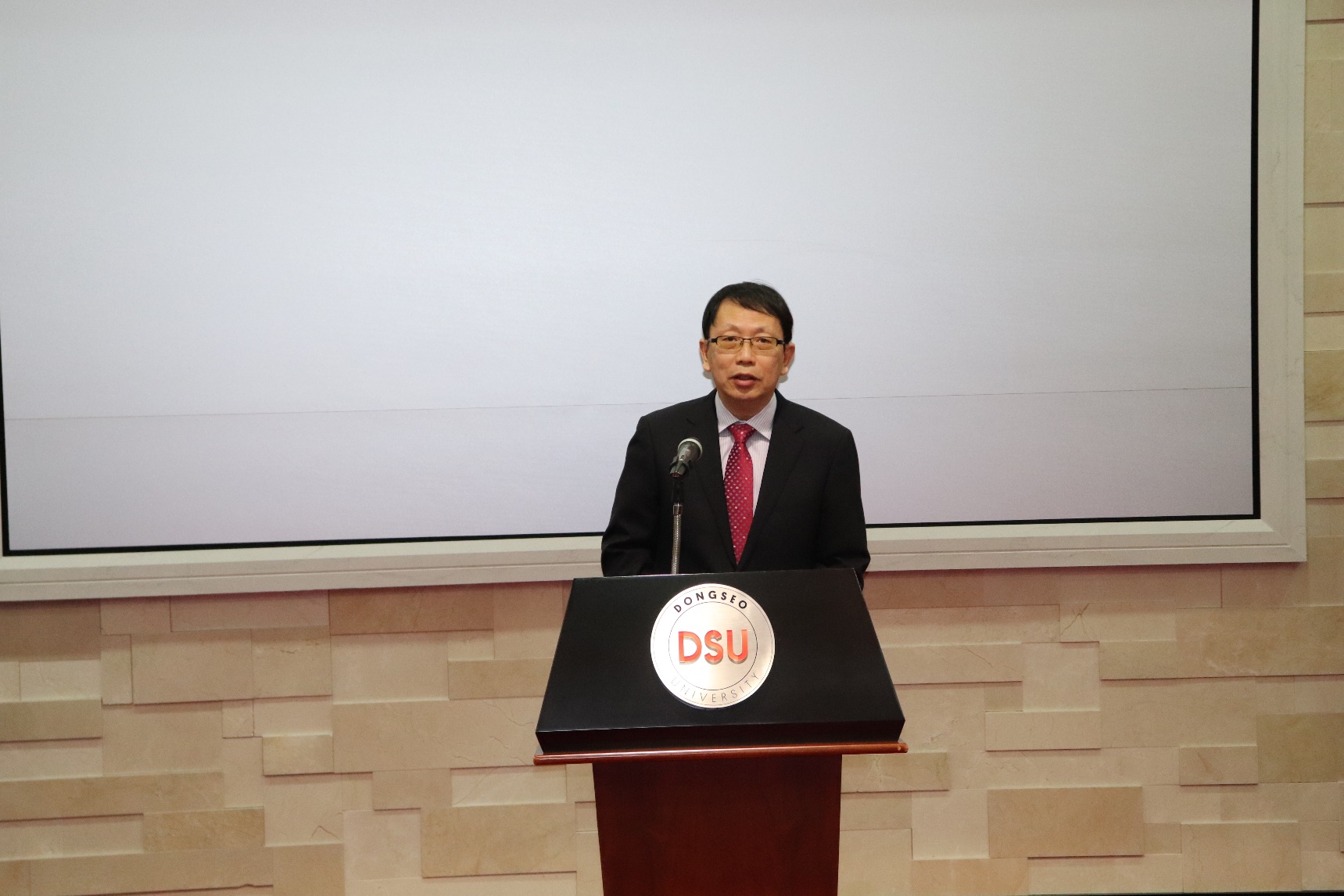
Then, the panel sessions kicked off. Ambassador Shin moderated the first session themed “Situation in Northeast Asia and Trend of the Korean Peninsula”. The four panelists included Cho Seong-ryoul, a professor at INSS, Wang Cungang, a professor at SPSIR, Chun Sung-heung, a professor at Sogang University, and Xia Liping, a professor at SPSIR.
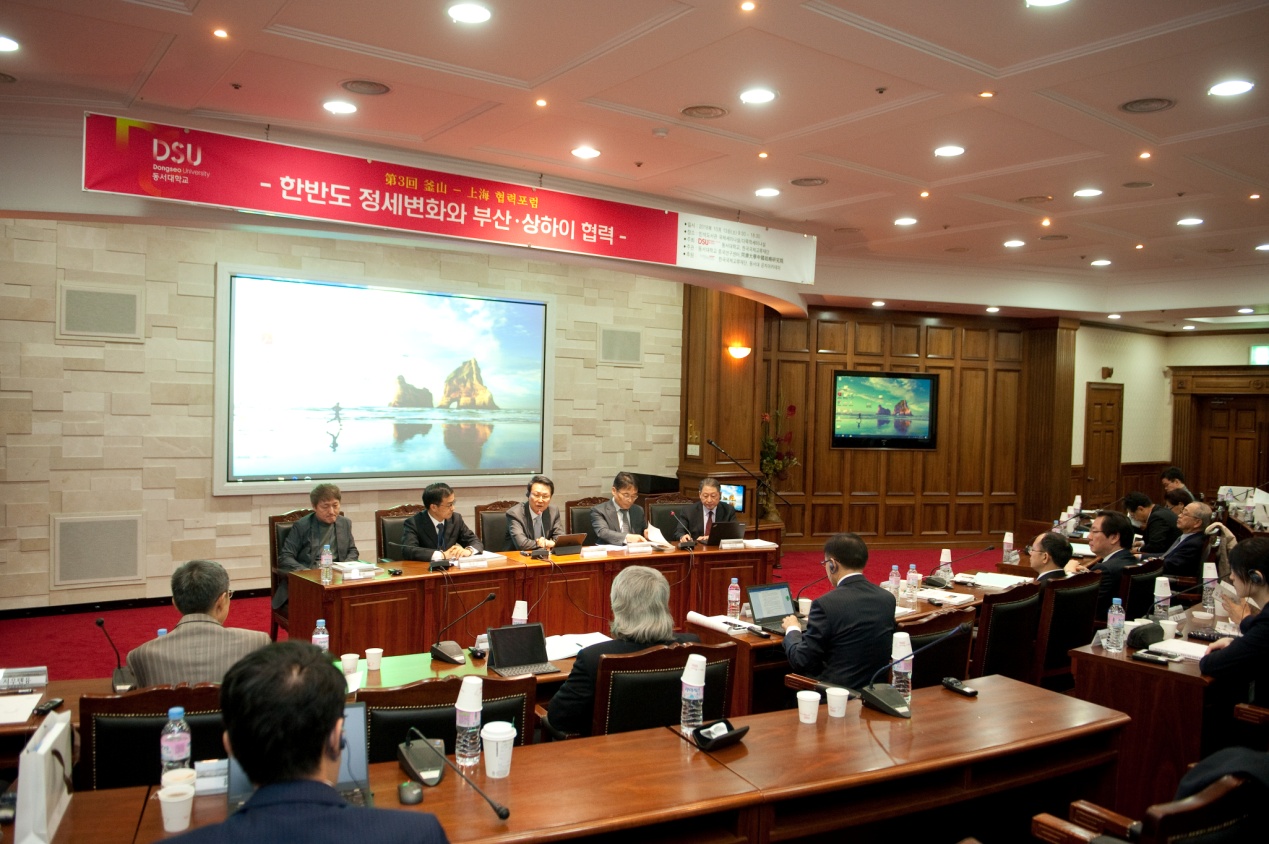
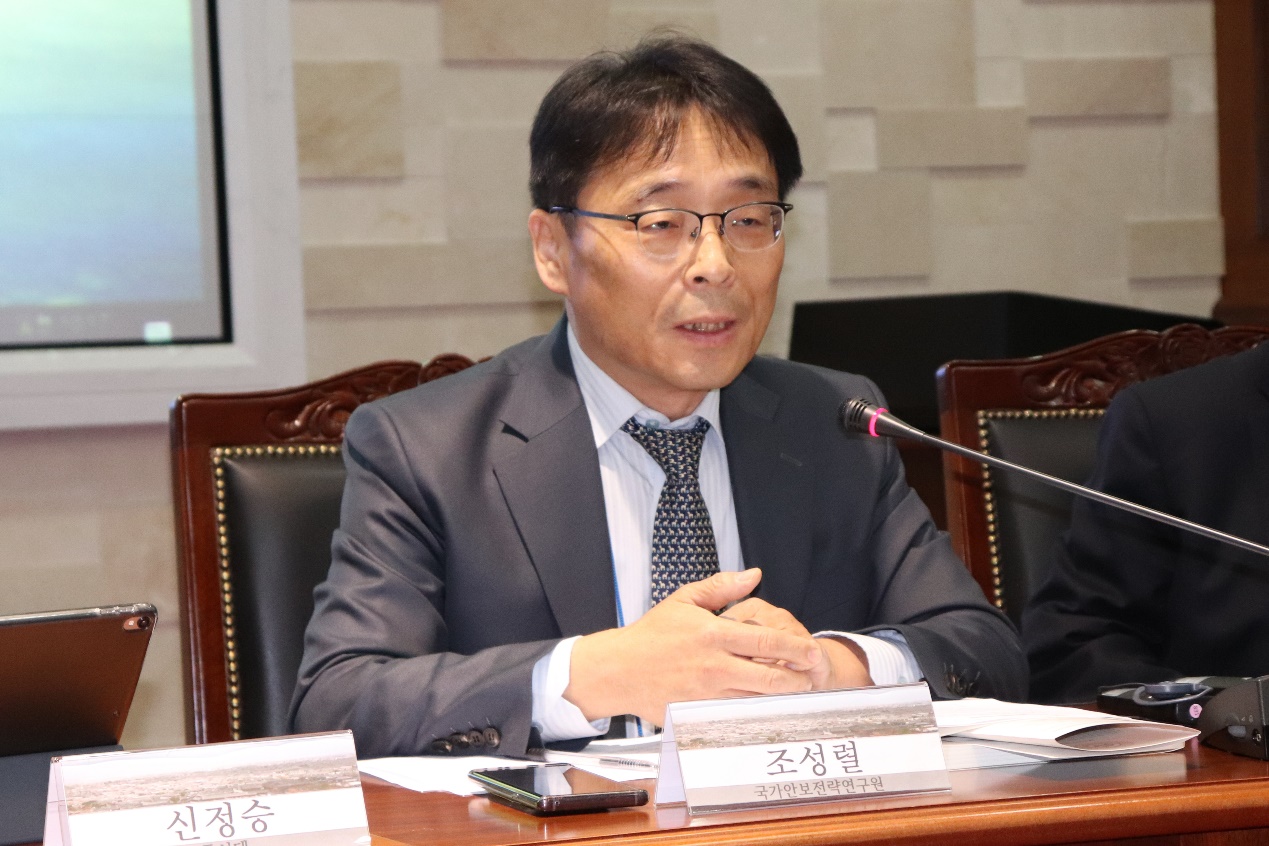
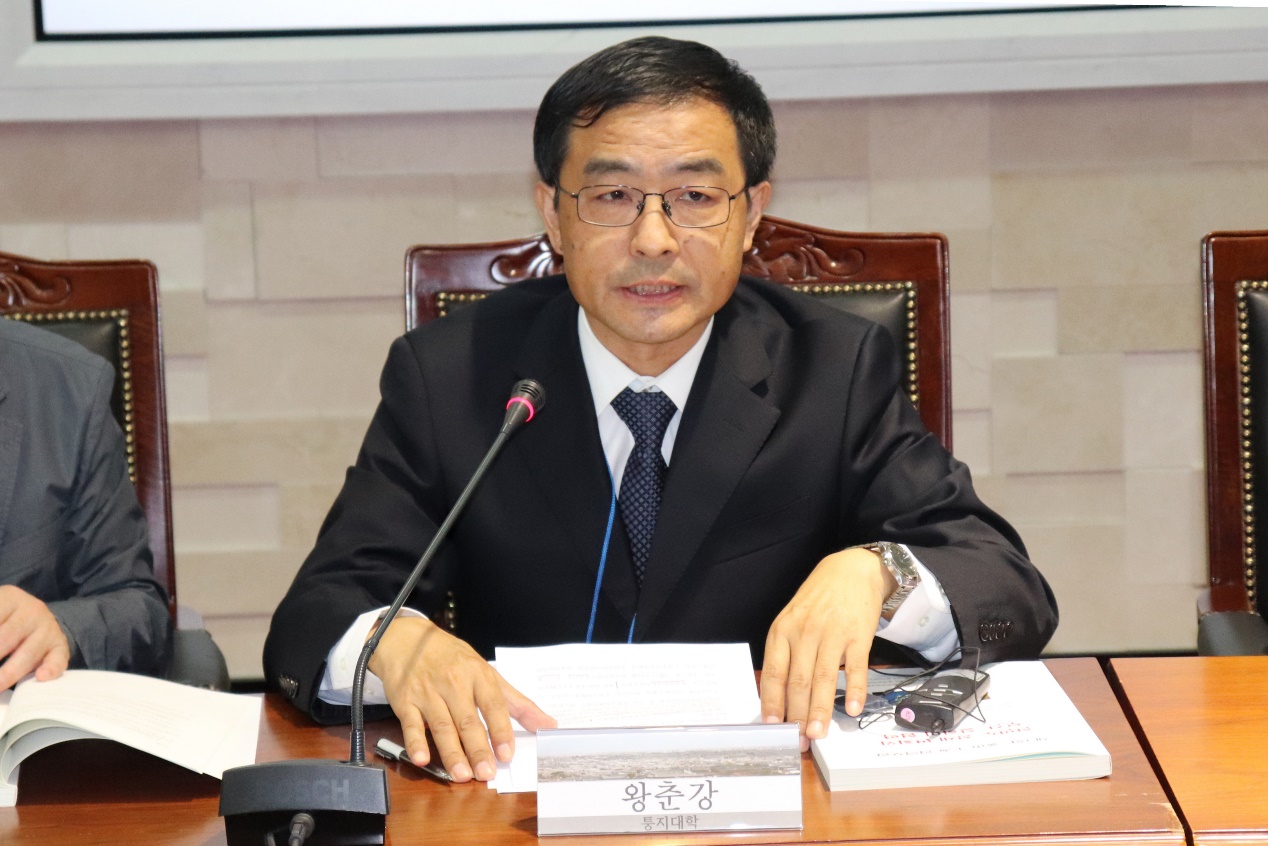
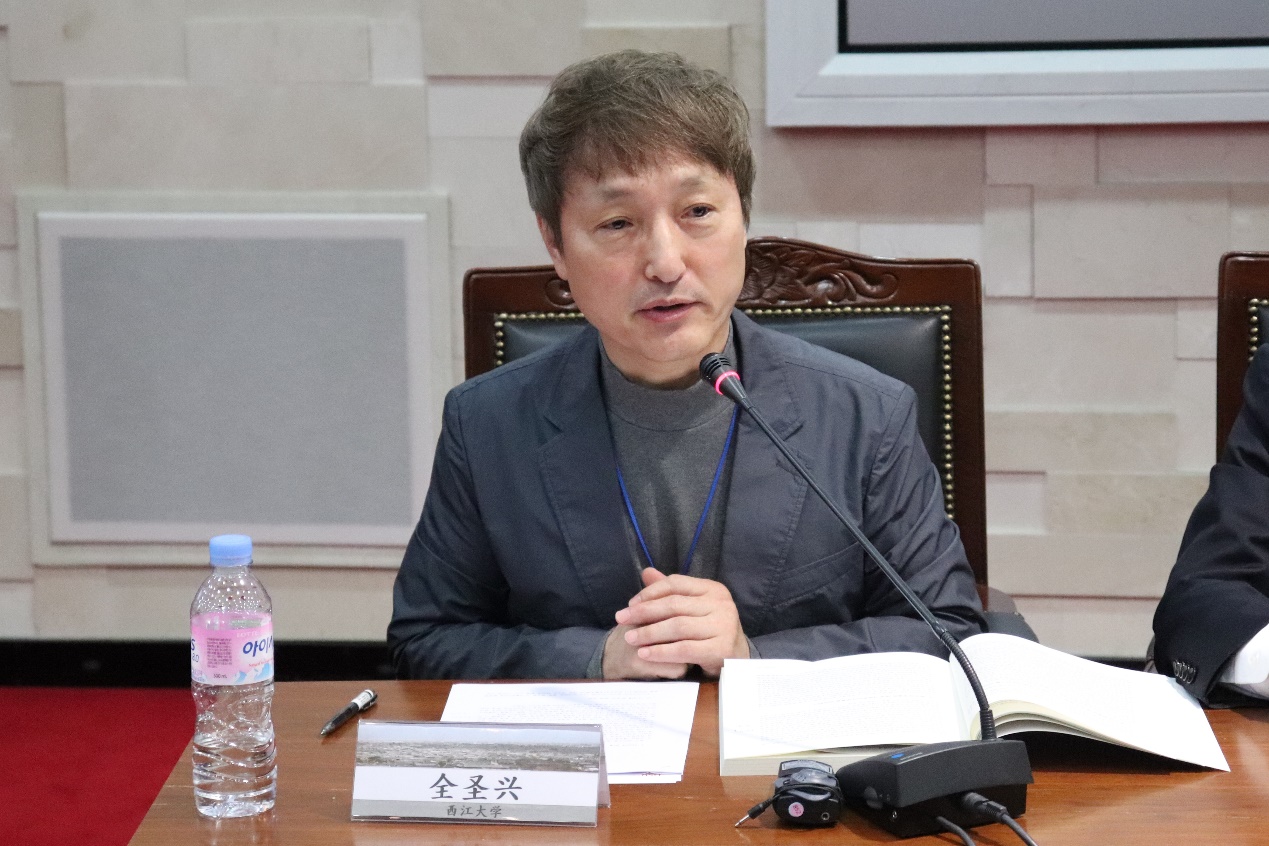
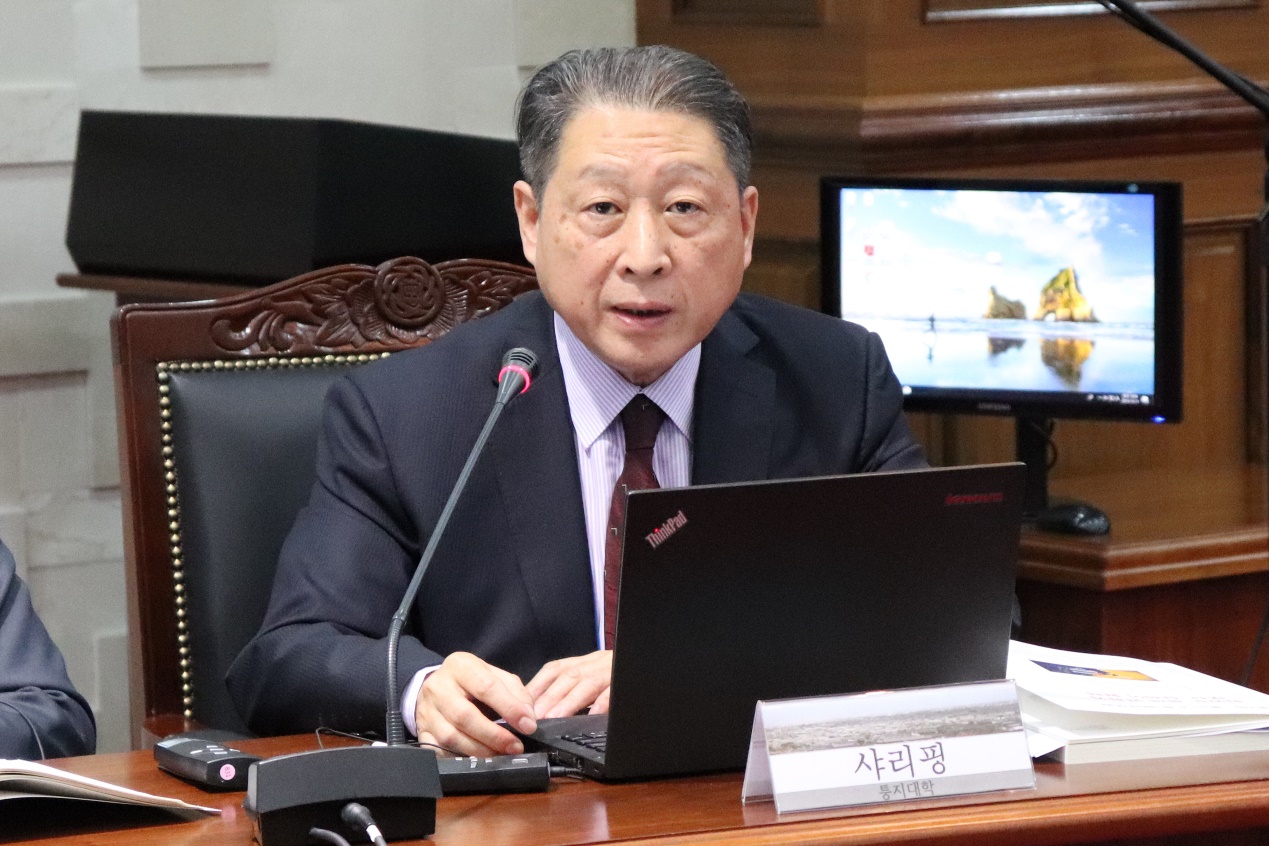
Tongji Distinguished Professor Men Honghua, Dean of SPSIR and President of the Institute for China & World Studies of Tongji University, moderated the second session themed “Economic Cooperation in Northeast Asia”. The four panelists included Zhou Tianyong, a professor at the Party School of the Central Committee of the CPC, Paik Gwon-ho, a professor at Yeungnam University, Dr. Li Boying from SJTU, and Won Dong-wook, a professor at Dong-A University.
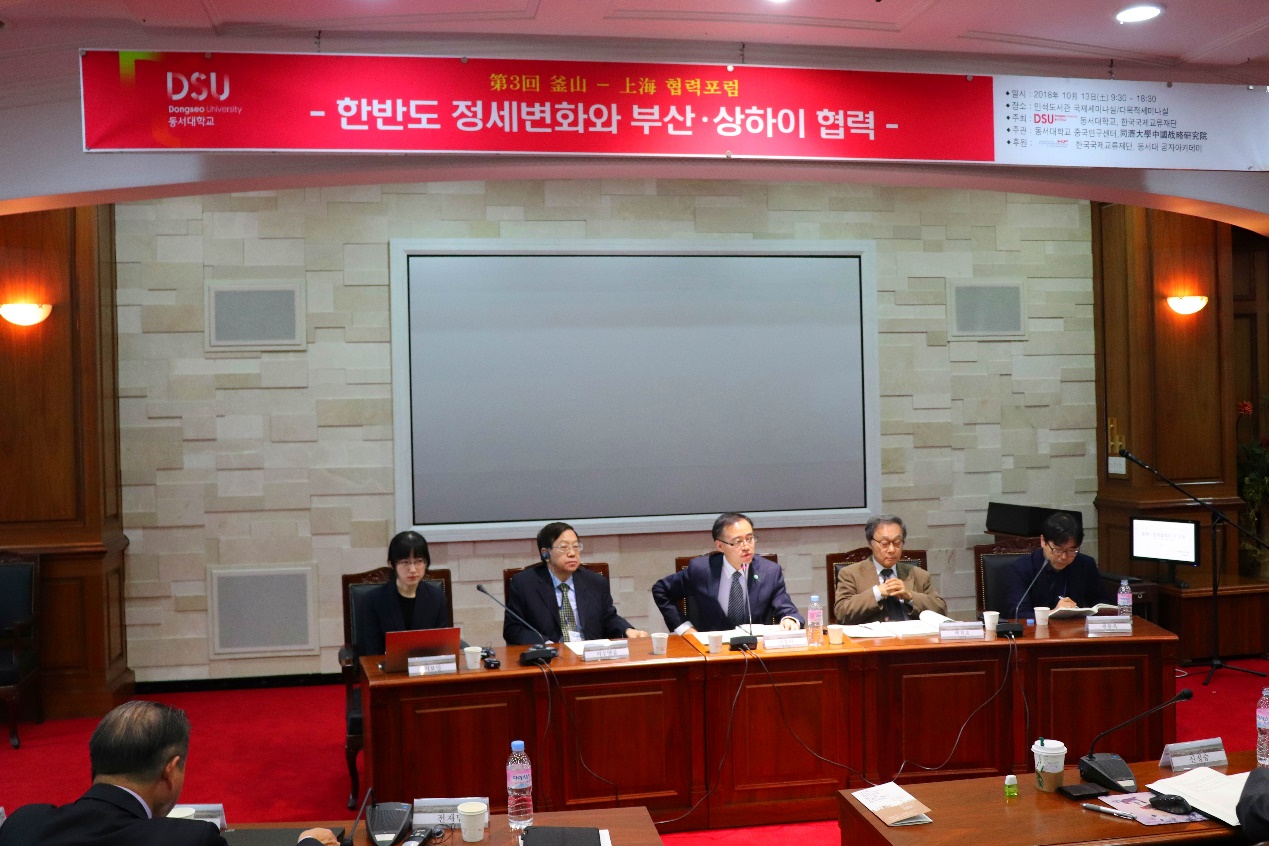
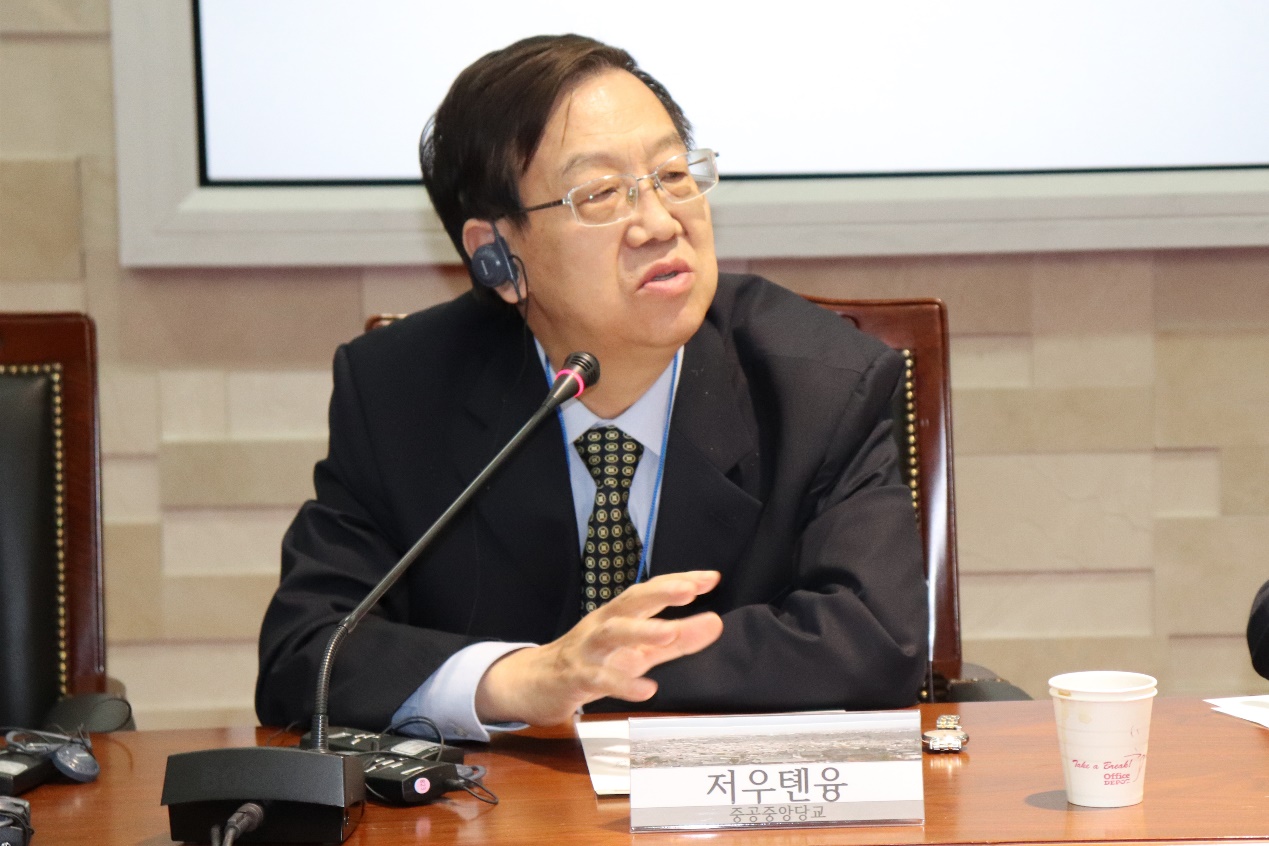
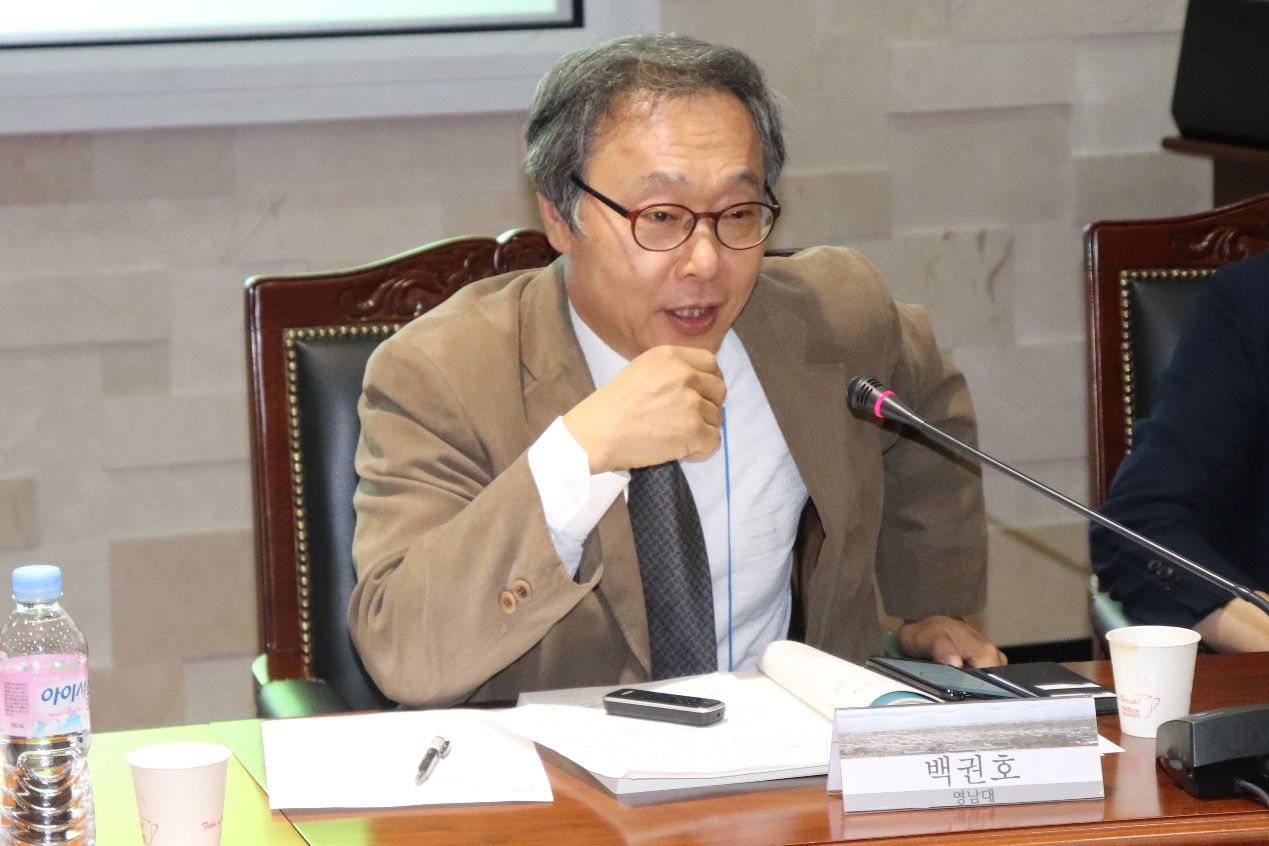
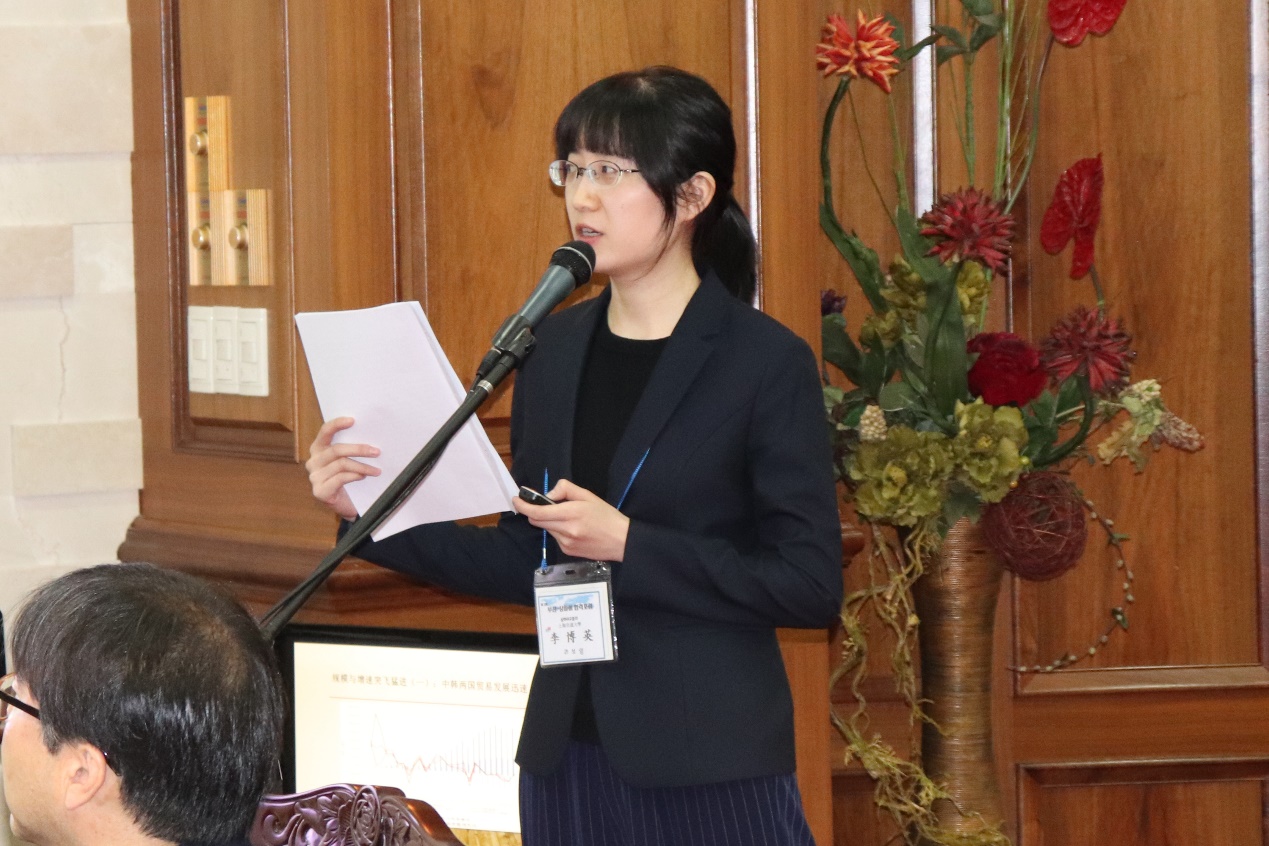
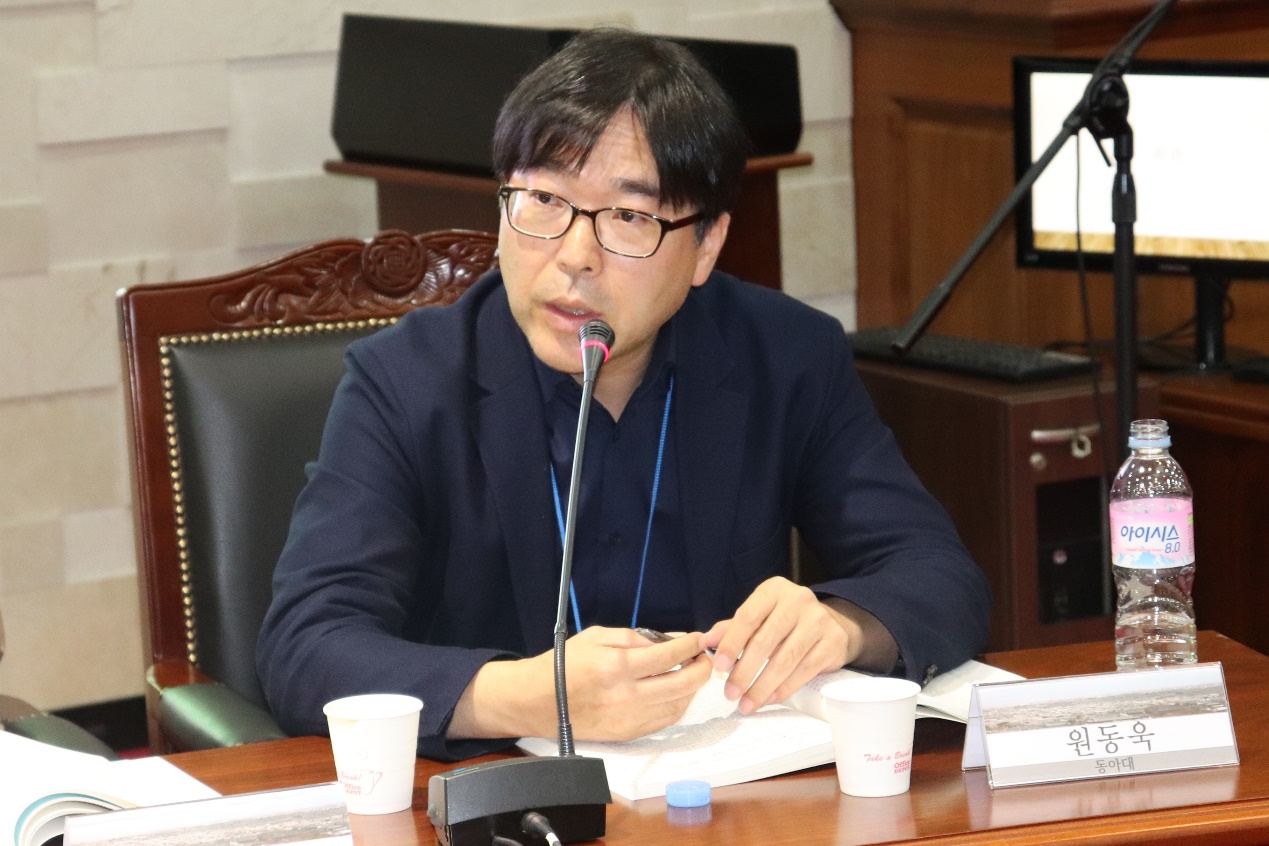
Chung Sang-ki, a research fellow at the Sejong Institute, moderated the third session themed “10 Years of Strategic Partnership and People-to-People Exchanges”. The four panelists included Han Suk-hee, a professor at Yonsei University, Prof. Men Honghua, Lee Wook-yon, a professor at Sogang University, and Xing Liju, a professor at Fudan University.
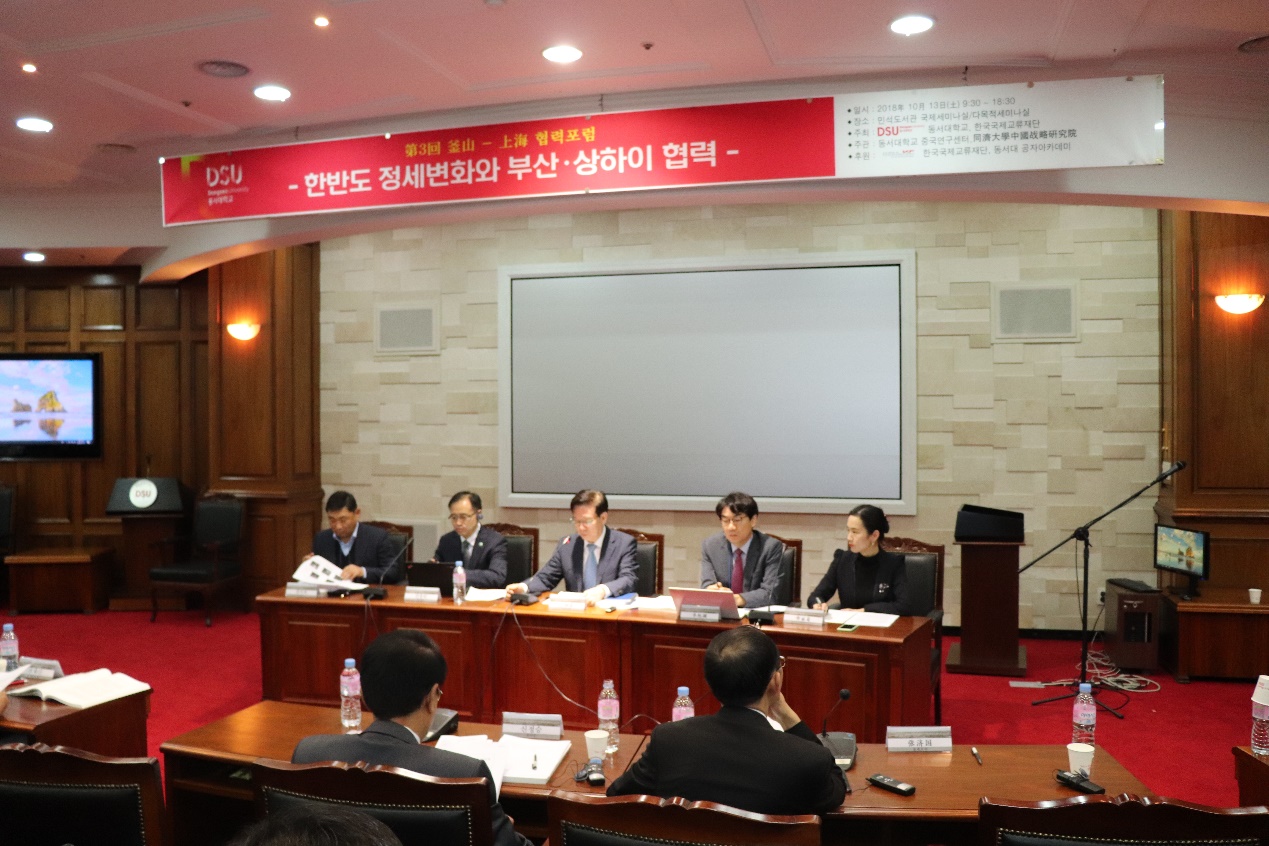
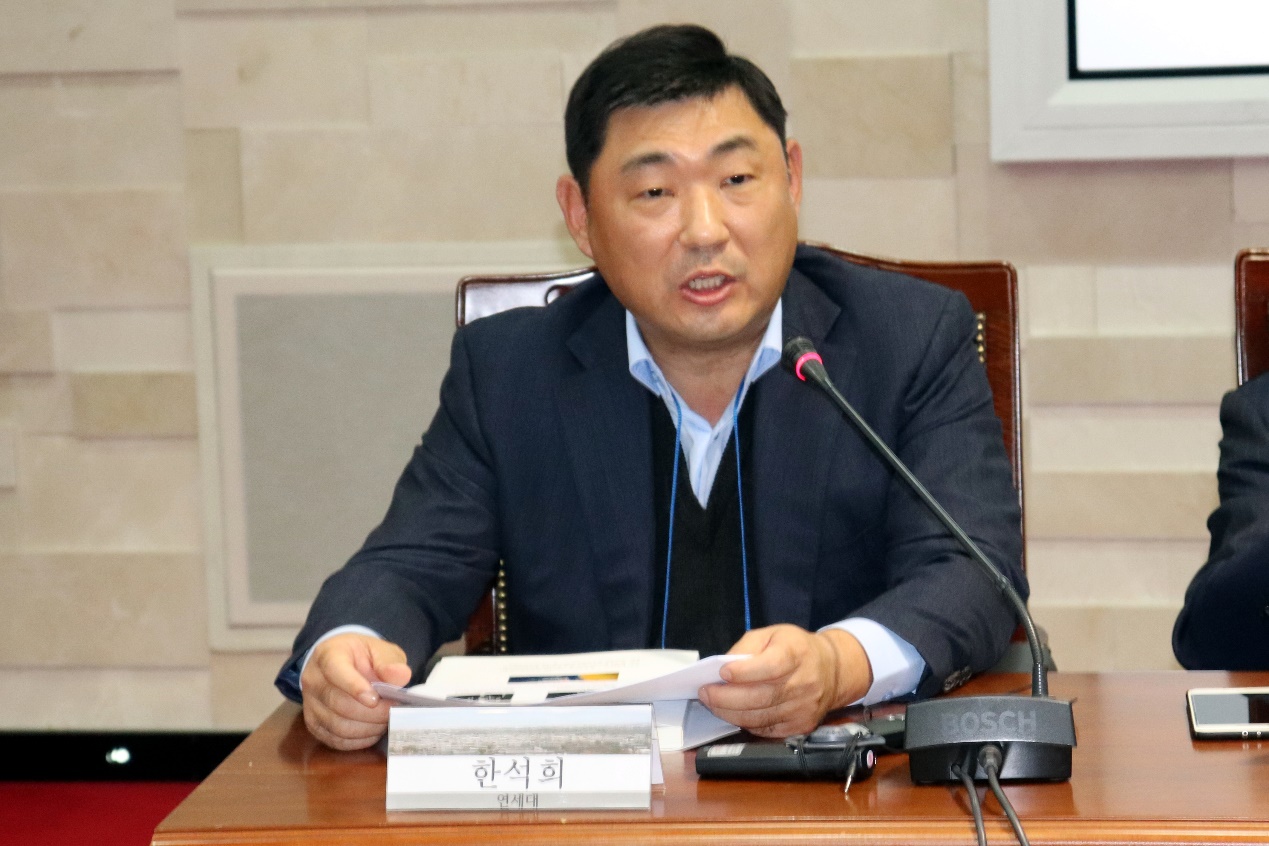
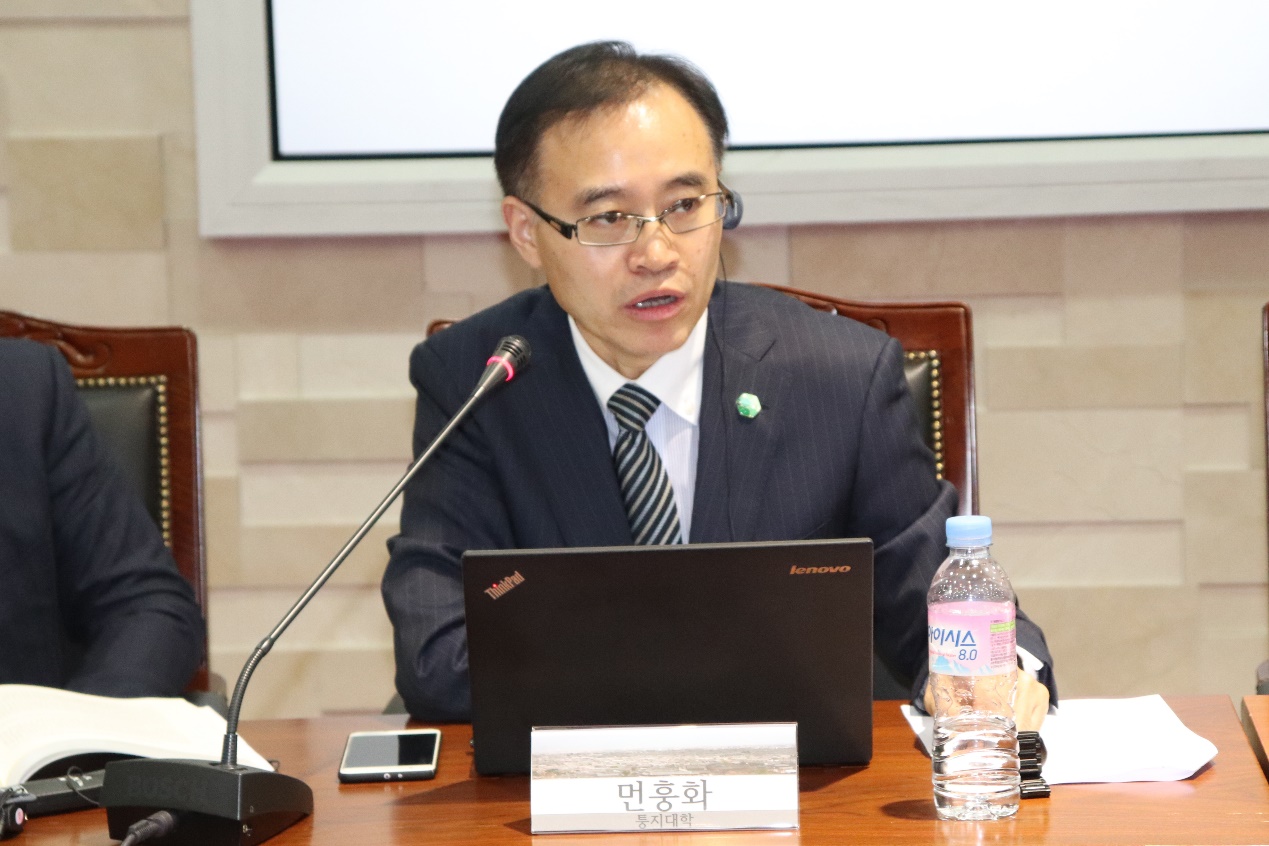
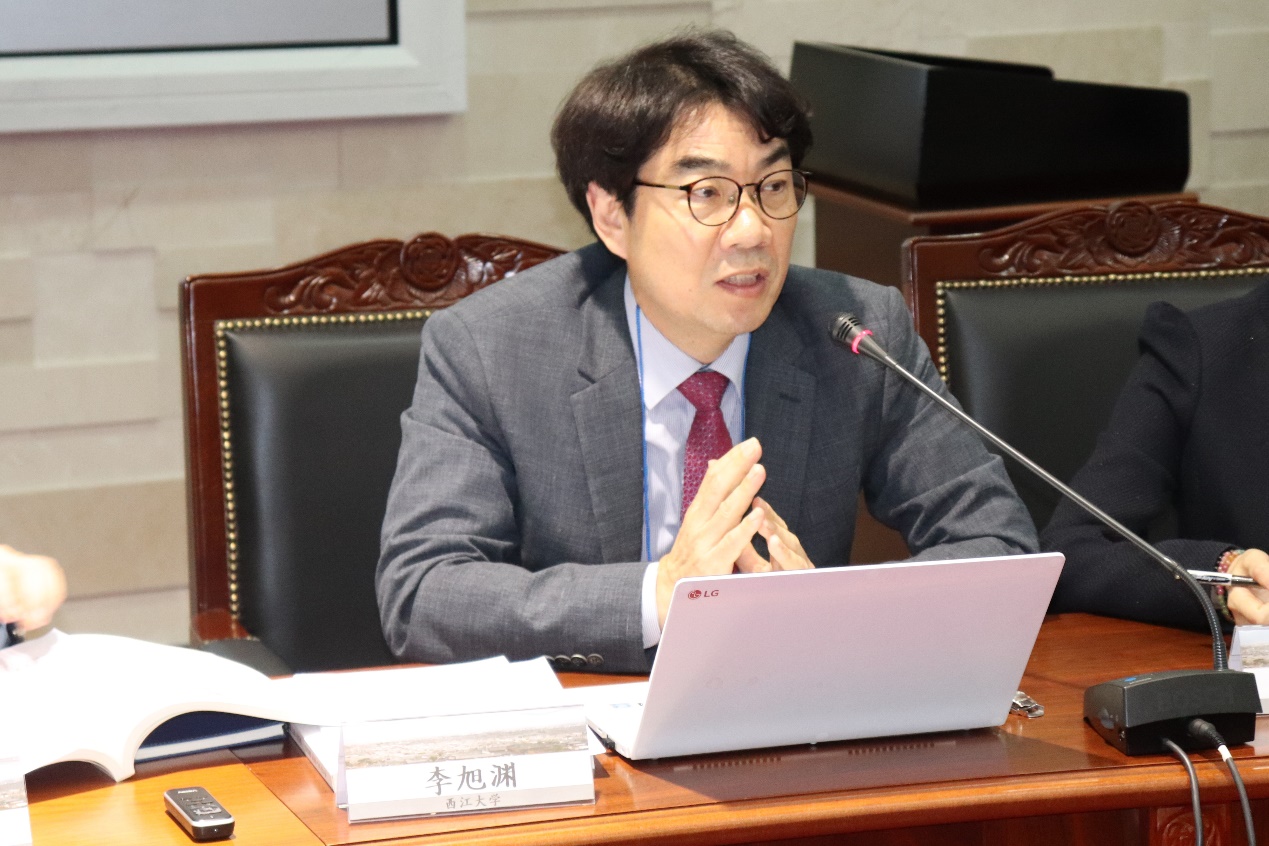
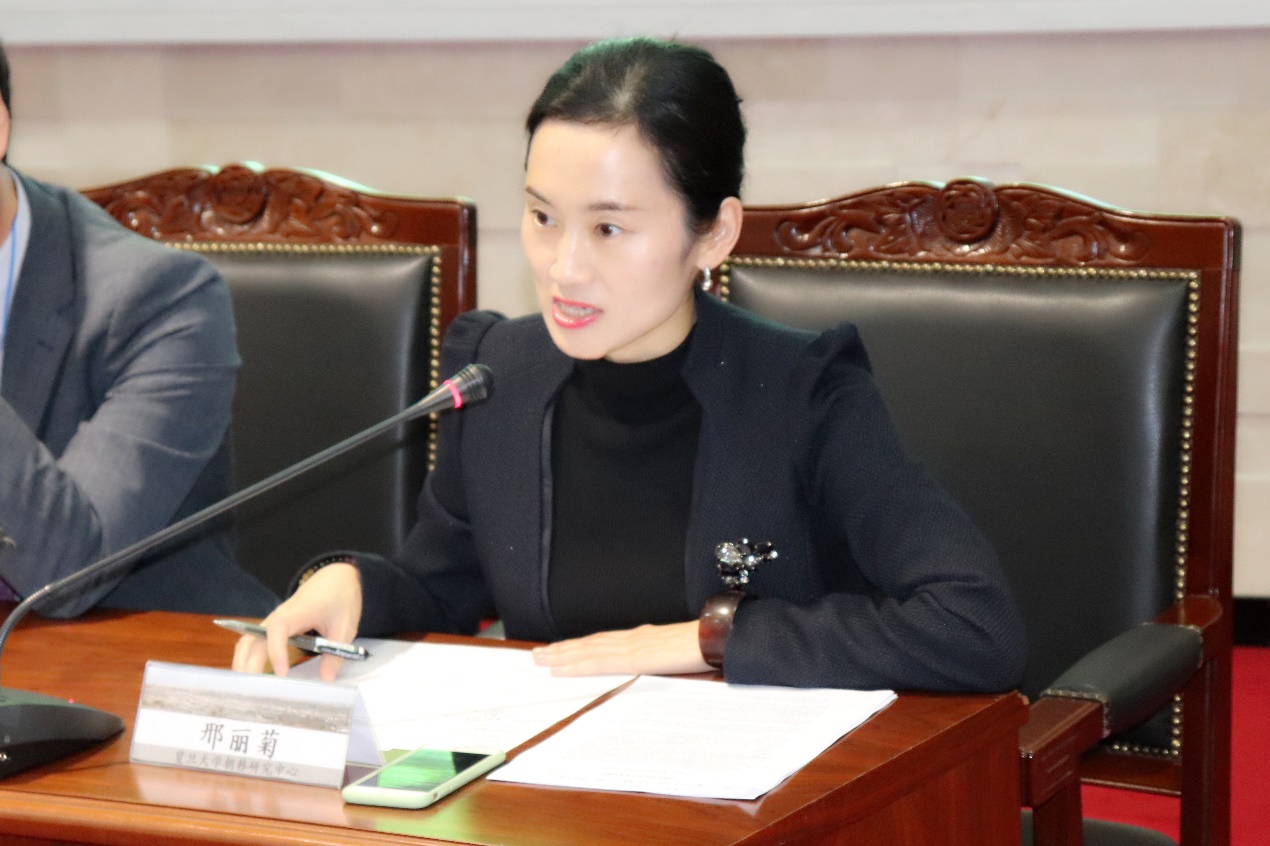
With the theme of “Shanghai-Busan Cooperation”, the fourth session was moderated by Prof. Wu Yun, Dean of the School of Foreign Languages of Tongji University. The four panelists were Zhao Hongjun, a professor at the School of Finance and Business of SHNU, Lee Myung-hee, a professor at the School of Design of DSU, Ge Tianren, an assistant professor at SPSIR, and Jeon Seong-wook, a professor at the Department of Korean Language and Literature of Dong-A University.
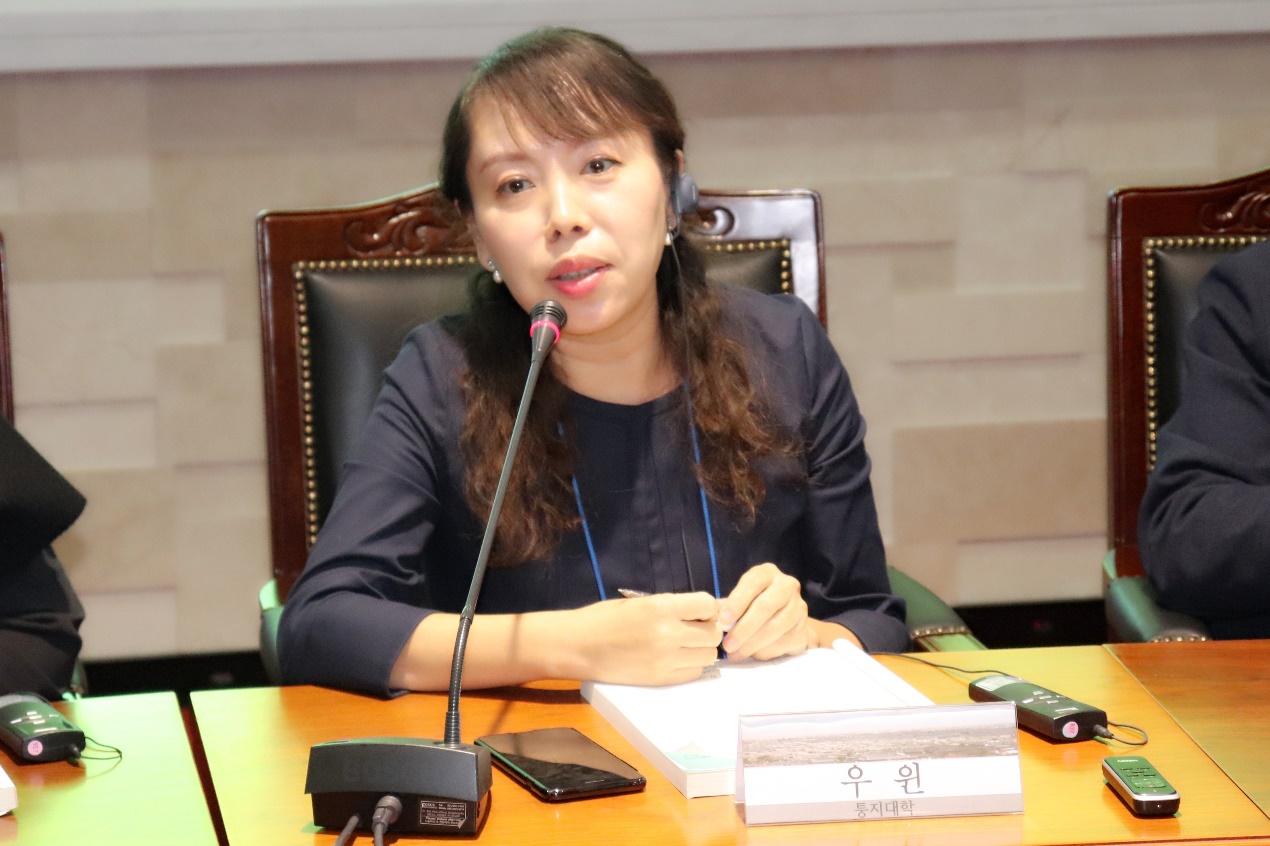
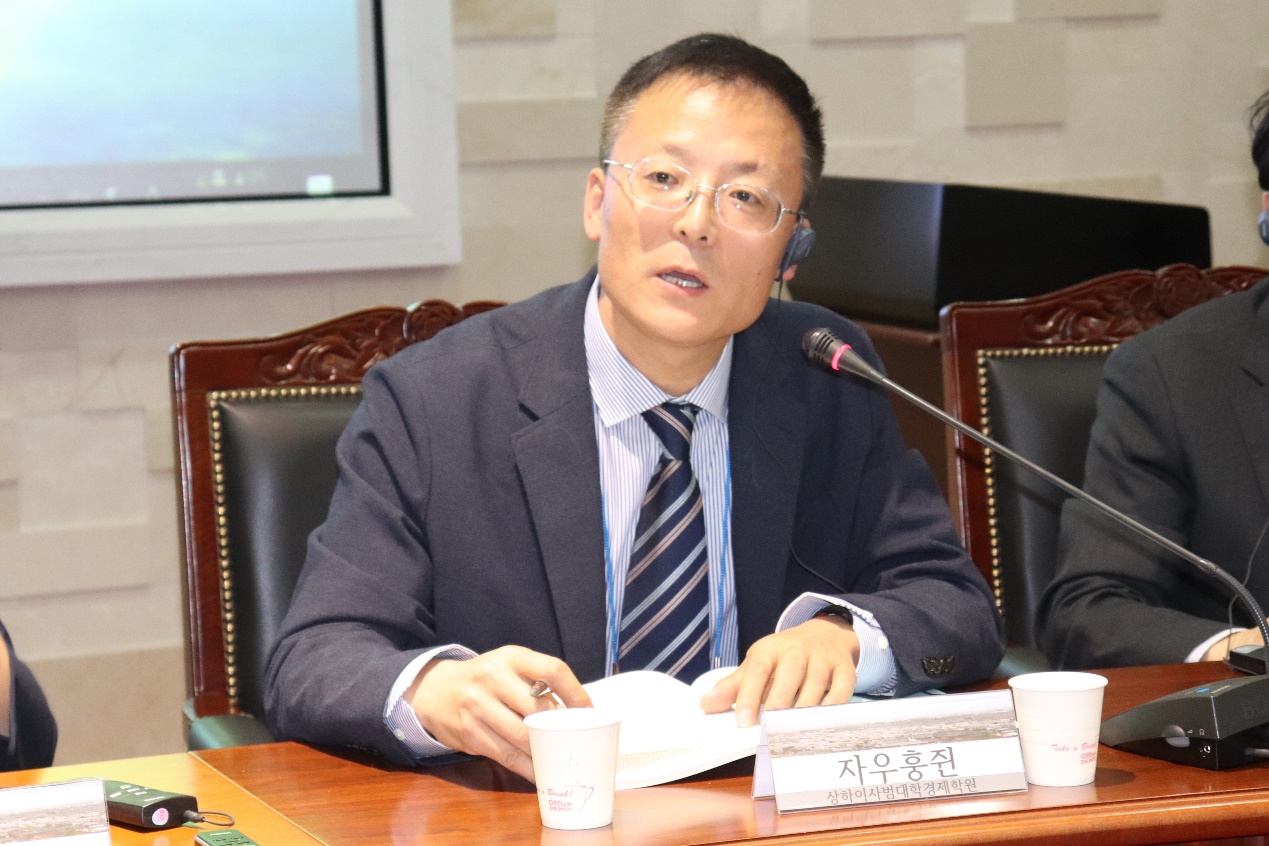
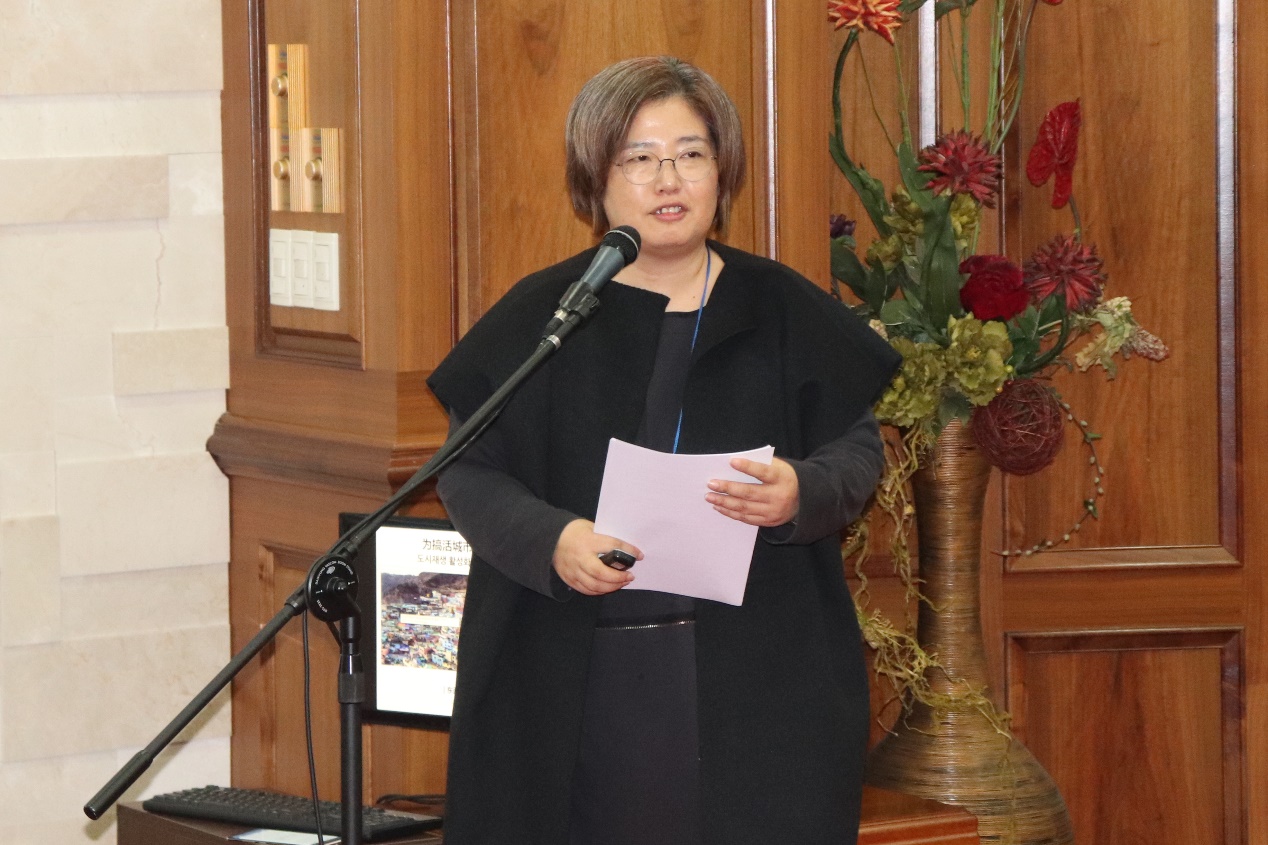
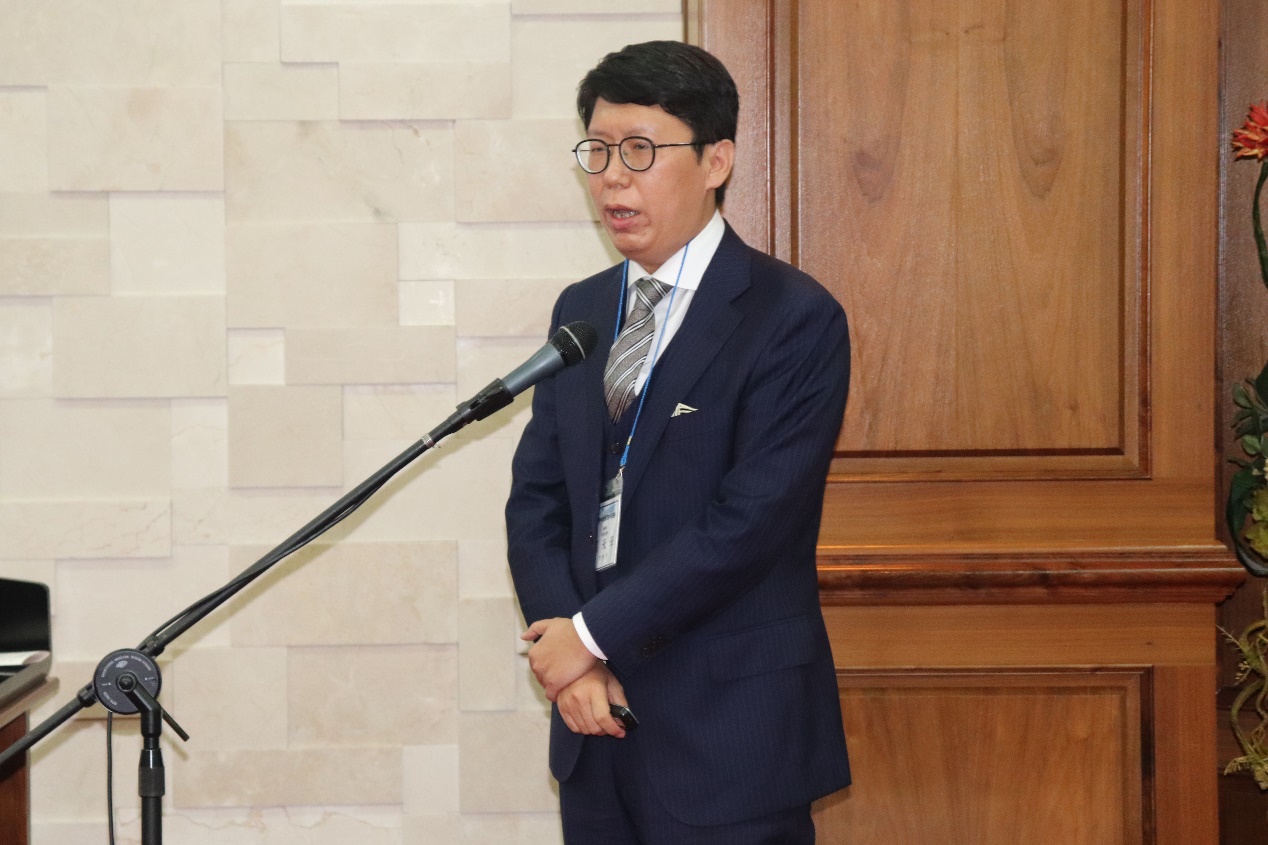
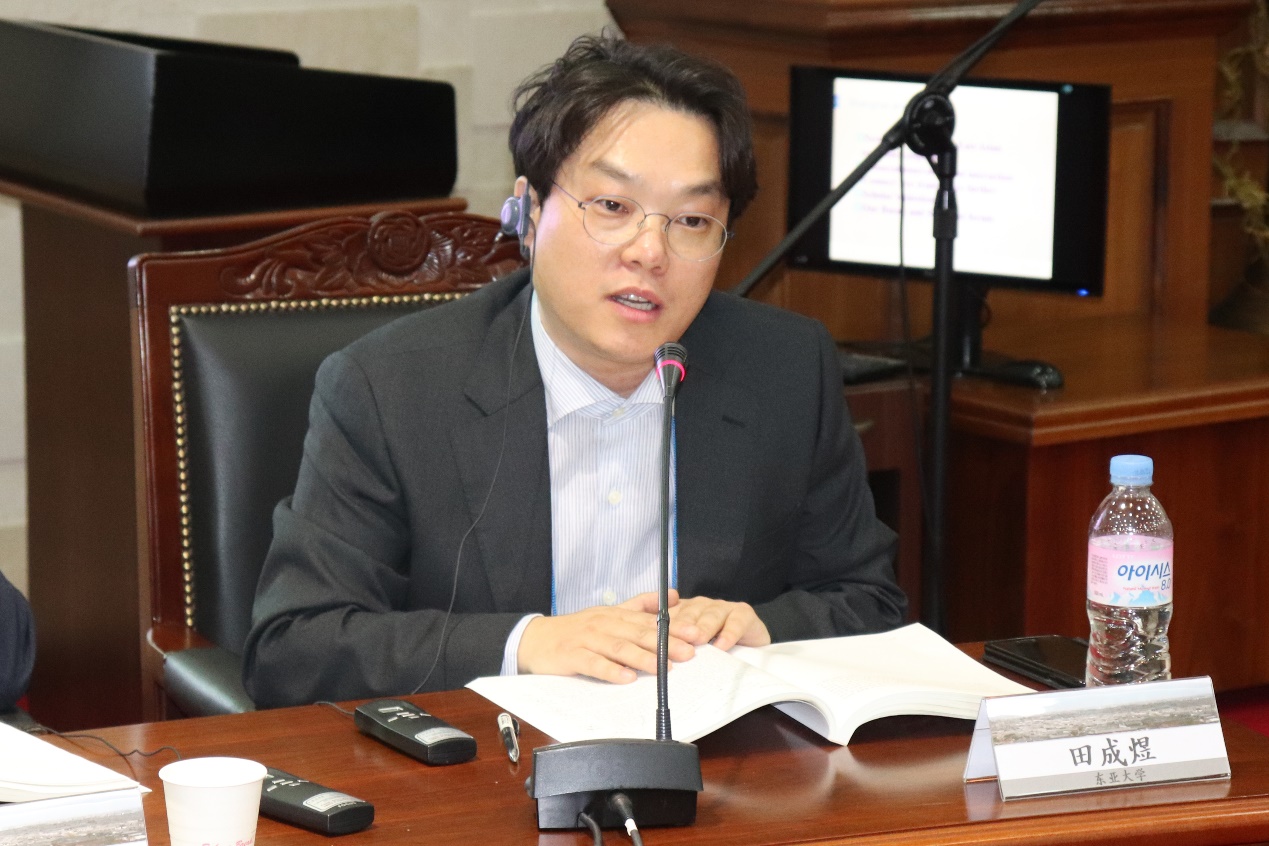
Prof. Lee Hong Gyoo, Deputy Director of the Center for Chinese Studies at DSU, moderated the fifth session themed “Busan-Shanghai Youth Exchange”. The four panelists are students from Chinese and South Korean universities, including Yoon Kyung-jin from DSU and Kim A-hyun from the Department of Chinese Studies of Dong-A University, and Yin Yu and Liu Yi from SPSIR.
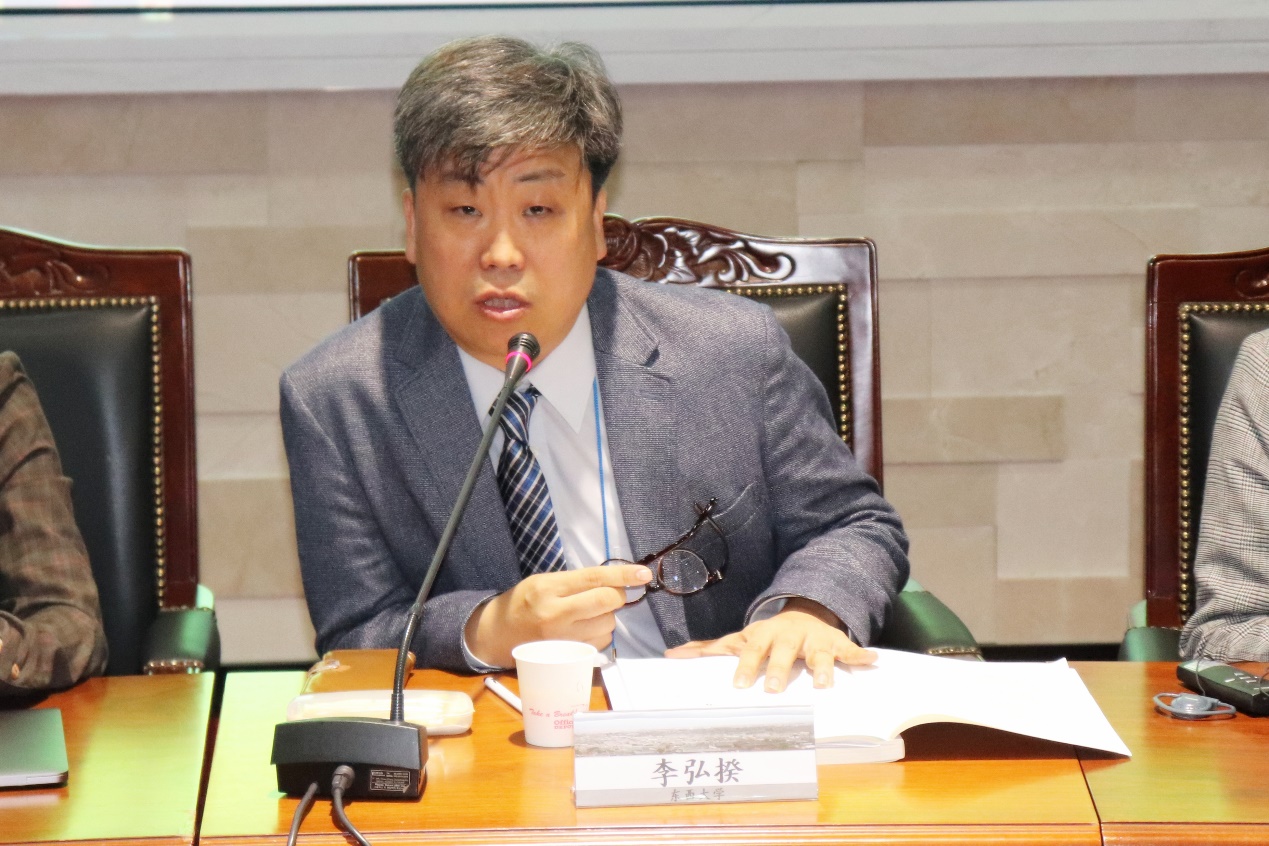
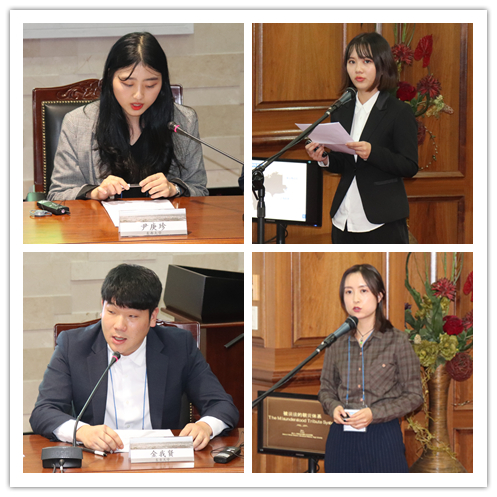
In the next open discussion moderated by Kim Tae-man, a professor at the National Korea Maritime & Ocean University, the participants extensively discussed topics on the changing situation in Northeast Asia, China-ROK relations, the possible prospect and impact of China-US strategic competition, Shanghai-Busan cooperation, and China-ROK cultural exchanges, etc. Finally, Director Shin gave concluding remarks. He was very pleased with the smooth progress of the forum and the broad consensus reached by the experts in their speeches and discussions, and looked forward to continued communication between Chinese and Korean academia to enhance mutual understanding and expand the breadth and depth of China-ROK cooperation.
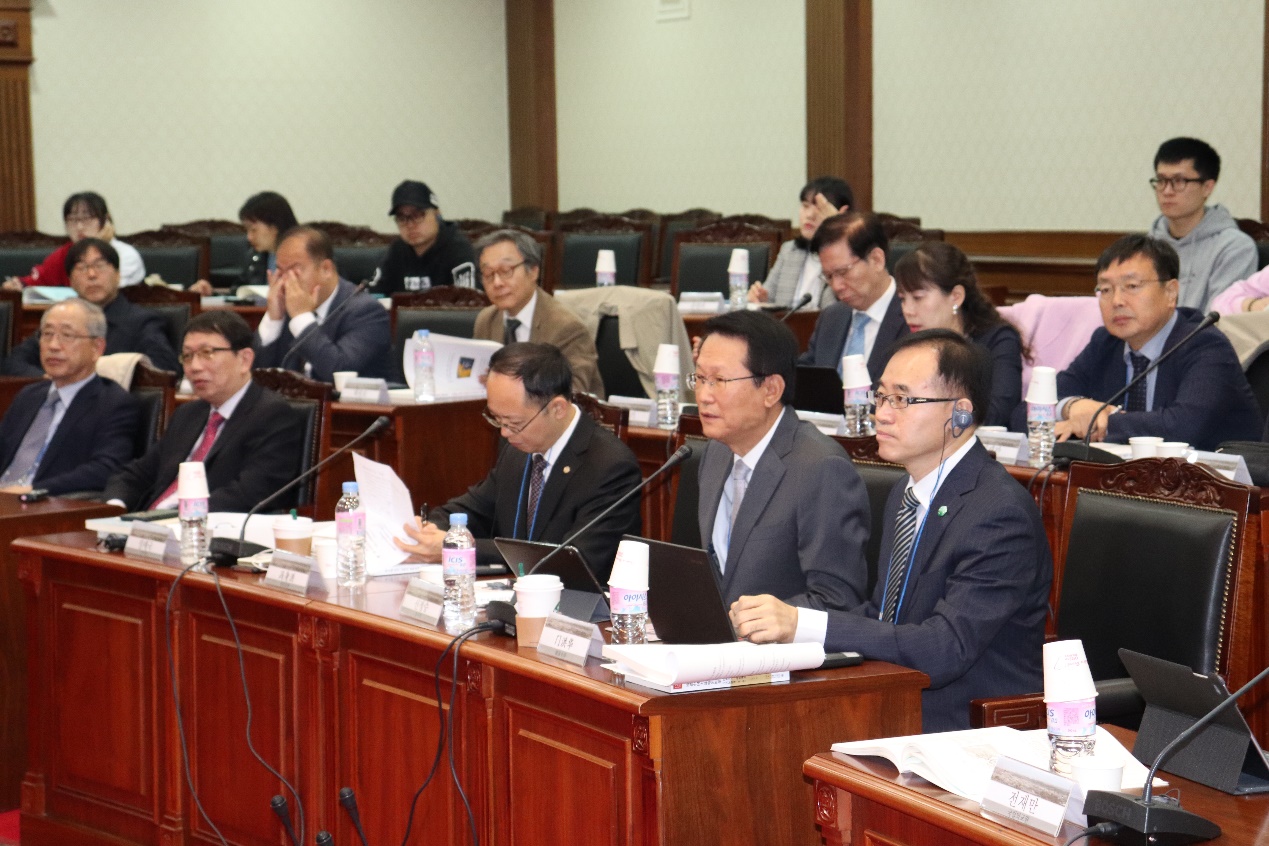
The delegation led by Deputy Secretary Feng achieved a great success in participating in the 3rd Shanghai-Busan Cooperation Forum, which will surely contribute to the discipline development of political science and international relations at Tongji and to the friendly exchanges and cooperation between Tongji and DSU, between Shanghai and Busan, and between China and South Korea. Most of the participants have submitted formal papers, and the Korean host has also carefully produced a collection of proceedings to display the academic achievements of this forum. Through negotiation, the two sides have agreed to join forces to hold more forums in the future, with an aim to building this forum into a key platform for academic exchanges between the two sides.




